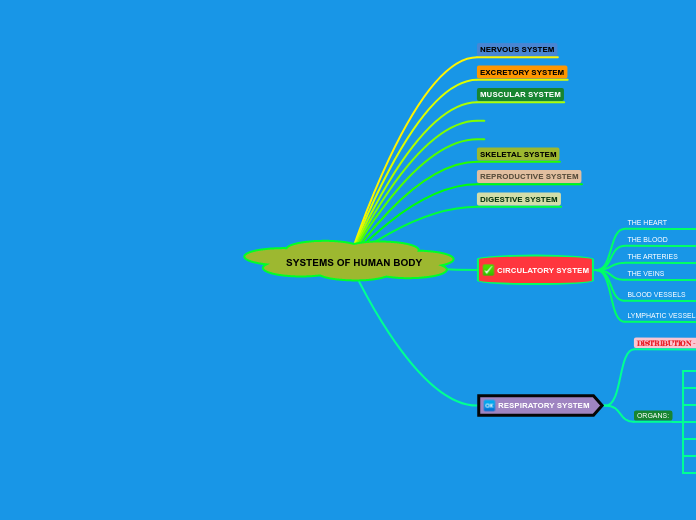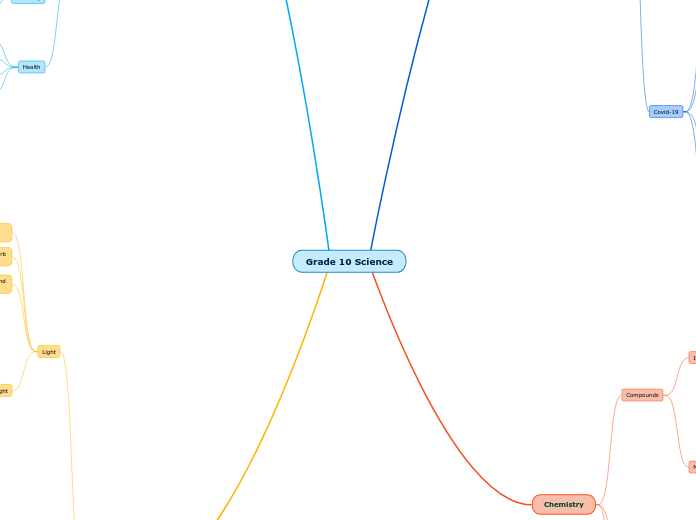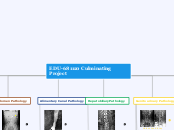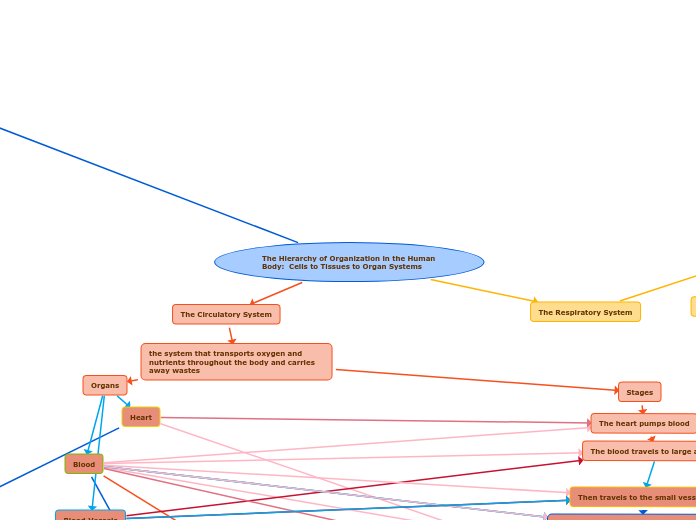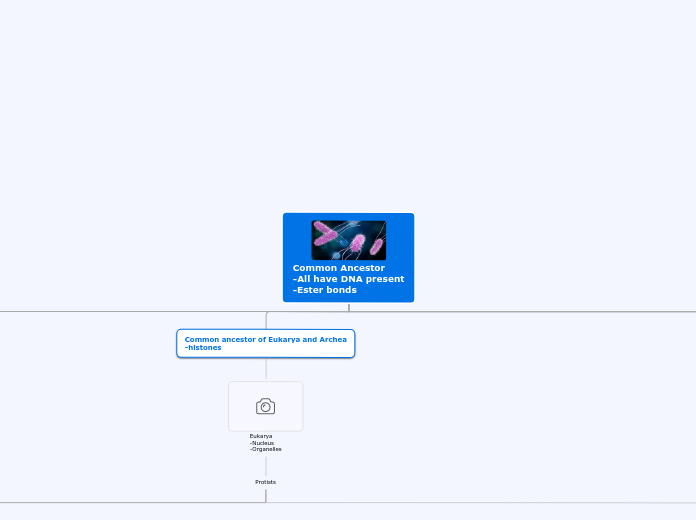SYSTEMS OF HUMAN BODY
RESPIRATORY SYSTEM
ORGANS:
PULMONARY ALVEOLUS
exchange oxygen with carbon dioxide
BRONCHIOLES
they forces the air straight to the alveolus
BRONCHIA
forces the air to breath
WINDPIPE
conveys and cleans the air and expels the solid parts
LARYNX
recive air and regulates the sound of the voice
PHARYNX
recive the air
NOSE
humidify
purify
DISTRIBUTION -
TRANSPORT
REGULATION
CIRCULATORY SYSTEM
LYMPHATIC VESSELS
reabsorb the liquid from the capillaries
BLOOD VESSELS
allow the exchange of materials between blood and cells
THE VEINS
carries blood from the periphery to the heart
THE ARTERIES
carry blood from the heart to the peripheral vessels
THE BLOOD
transports nutrients to the body
THE HEART
carries blood to the veins
DIGESTIVE SYSTEM
REPRODUCTIVE SYSTEM
SKELETAL SYSTEM
MUSCULAR SYSTEM
EXCRETORY SYSTEM
NERVOUS SYSTEM
